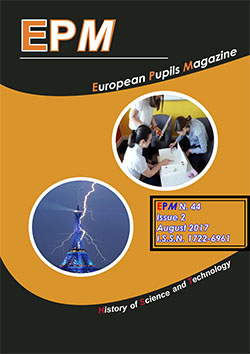Math Science Chemistry Economics Biology News Search
Various intelligence fields
Although Stanford- Binet and Wais-R tests are used to measure intelligence level, there are important deficiencies in the definition of intelligence.
There is another question worth of further research: how is intelligence formed? It is formed either by single factors or by groups of factors.
Previous psychologists claimed that intelligence had two forms: fluid and crystallizedintelligence.
Fluid intelligence is about the ability of solving problems and situation, crystallized one is about the ability of experience and evaluation of the information.
A group of scientists claimed that intelligence has more that two sub-kinds.
For instance, Prof. Gardner made an investigation on the intelligence of superior intelligent people and he asserted that intelligence is formed by 7 parts.
These parts and the properties of them are:
· Verbal-lingual intelligence:
- using the language effectively;
- thinking with words and sounds;
- understanding the complex concept;
- persuading people;
- forming new structure;
- effective reading,speaking,writing and listening;
- expressing oneself;
Types of intelligence
1. Individual
2. Social
3. Lingual
· Mathematical-logical intelligence:
- working with numbers;
- solving problems;
- judging;
- establishing reason-result connection;
- ranging;
- commenting on an information in a table,graph..etc.;
· Visual-residencel intelligence:
- thinking the Picture and the shape;
- finding the direction easily;
- creating objects in mind;
- creating models and painting;
· Social-individual intelligence:
- communicating with people who has different characteristics;
- persuading people, directing and working with people;
- working in groups and teams;
- being curious about different cultures and lives;
- cracking a joke;
· Kinetic-corporal intelligence:
- using brain and mind effectively;
- being puncture about physical work;
- making role;
- maving ability of dancing and athlethics;
- remembering visual activities,not the audial one;
- organizing;
· Personal- instinctive intelligence:
- shaping the emotion and reflection about oneself;
- forming the life philosophy;
- forming desire and dreams;
- expressing oneself in different ways;
· Musical-rhytmical intelligence:
- thinking with sounds and pictures;
- knowing different sounds and creating new sounds;
- being sensible for different sounds of environment;
- learning to play easily;
- creating original;
- musical compositions.


